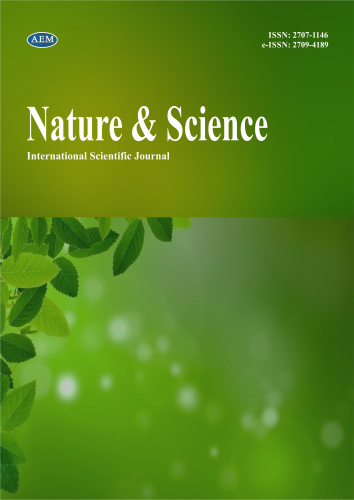DOI: https://doi.org/10.36719/2707-1146/56/23-31
Kamala Gahramanova
Baku State University
PhD student
https://orcid.org/0009-0007-4047-8729
kemalegahramanova85@gmail.com
Ismat Ahmadov
Baku State University
ismetahmadov@mail.ru
https://orcid.org/0000-0002-3029-3102
Ziyaddin Mammadov
Baku State University
https://orcid.org/0000-0001-8009-194X
ziya1313@gmail.com
Physical Properties of Extracts of Medicinal Plant Melissa officinalis
Abstract
Melissa officinalis is a medicinal plant, has been used in traditional folk medicine for thousands of years to treat various diseases. This study aimed to determine the physical parameters of extracts obtained from Melissa officinalis leaves. Extracts were prepared from dried leaves of Melissa officinalis by filtration with water and ethanol solvents, and as well as homogenate from fresh leaves. The physical parameters of the extracts, including alkalinity, surface tension, electrical conductivity, density and pH changes were determined using standard procedures. It was found that as the infusion time of the extract also increases, its alkalinity, density, and electrical conductivity increase. The alkalinity, surface tension coefficient, electrical conductivity, and density of the homogenate remain stable. The addition of homogenate and extracts to the AgNO3 salt solution changes the physical properties of the solution in which nanoparticles are synthesized. This change is more pronounced in the electrical conductivity and pH value. Therefore, when using these extracts, the values of physical parameters should be taken into account to regulate the synthesis process of nanoparticles.
Keywords: medicinal plant, extracts, homogenate, nanoparticles, viscosity,density,surface tension, conductivity

